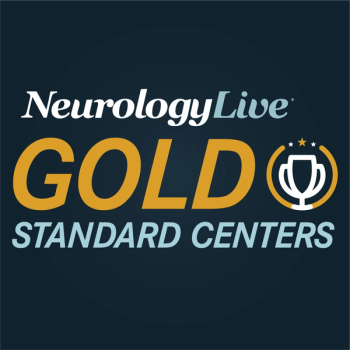
The Minority Stroke Program, open since 2019, encompasses a group of highly trained stroke experts who provide high quality care and education for minority ethnic patients presenting with stroke.

The Minority Stroke Program, open since 2019, encompasses a group of highly trained stroke experts who provide high quality care and education for minority ethnic patients presenting with stroke.

Catch up on any of the neurology news headlines you may have missed over the course of May 2024, compiled all into one place by the NeurologyLive® team.

If the sBLA is approved, the clinical and biomarker benefits may be maintained through the once-monthly dosing regimen that is less burdensome and easier for patients and care partners to continue long-term.
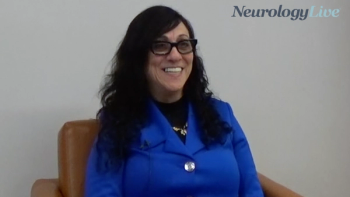
The assistant professor at Hunter College emphasized the important role of localization and accurately identifying the origin of neurological symptoms when diagnosing and managing multiple sclerosis. [WATCH TIME: 7 minutes]

Here's some of what is coming soon to NeurologyLive® this week.

After 28 days of treatment, bezisterim showed pronounced effects on measures of the Non-Motor Symptom Scale, as well as greater achievement of ON time than levodopa alone.
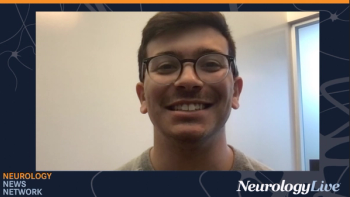
Neurology News Network. for the week ending June 9, 2024. [WATCH TIME: 4 minutes]

Test your neurology knowledge with NeurologyLive®'s weekly quiz series, featuring questions on a variety of clinical and historical neurology topics. This week's topic is on stroke and large hemispheric infarction.

In a subgroup of patients who underwent endovascular thrombectomy in addition to IV glibenclamide, results showed improved functional outcomes favoring active treatment, coupled with greater reductions in mortality.

Take 5 minutes to catch up on NeurologyLive®'s highlights from the week ending June 7, 2024.
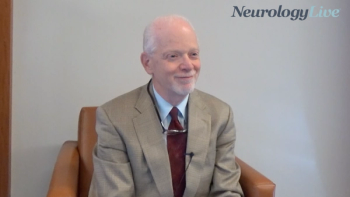
The professor of neurology at the University of Virginia talked about the improvement and areas of unmet need in the diagnosis and treatment for neuromyelitis optica spectrum disorder. [WATCH TIME: 6 minutes]
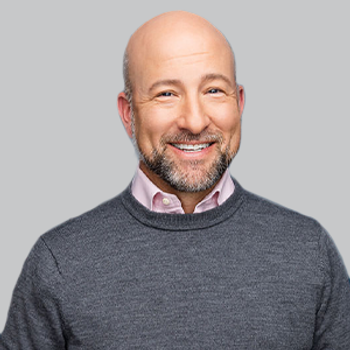
Following presented phase 1 clinical trial findings at AAN 2024, bemdaneprocel receives regenerative medicine advanced therapy designation by the FDA for the treatment of Parkinson disease.
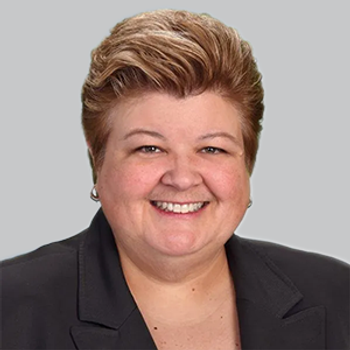
The headset features soft-tip electrodes, artificial intelligence-enabled notifications, and cloud integration for remote monitoring of EEG in clinical practice.

Biogen's tofersen, an antisense oligonucleotide, remains the first and only marketed therapy to treat patients with SOD1-mutated amyotrophic lateral sclerosis.
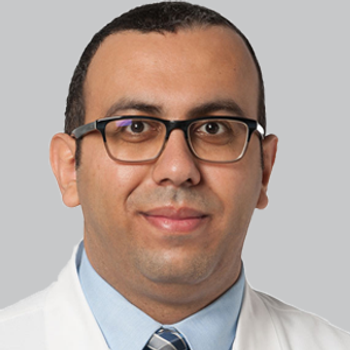
Glioblastoma, a highly aggressive brain cancer, presents substantial treatment challenges necessitating innovative therapies and interdisciplinary research to improve patient outcomes.

A recent study showed that patients with isolated REM sleep behavior disorder had a high risk of neurodegenerative parkinsonian disorders or dementia based on electronic health records.
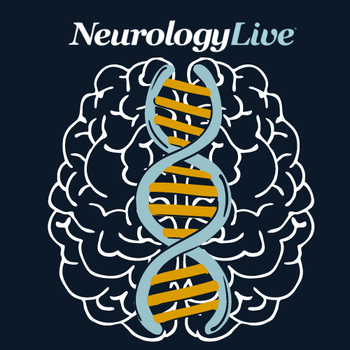
According to recent studies and the latest insights provided by experts, early developments in gene and cell therapies show promise for patients living with Parkinson disease, but challenges remain.
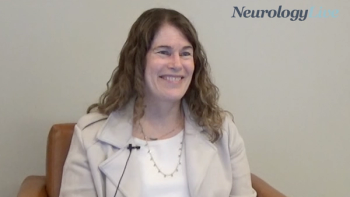
The associate vice president of research at National MS Society talked about proactive and early referral to rehabilitation services to effectively manage multiple sclerosis symptoms from the outset. [WATCH TIME: 4 minutes]

Researchers presented an innovative multi-task learning paradigm that leveraged deep learning, night sleep EEG data, sleep stage labels, and covariates to simultaneously predict cognitive performance in an older patient cohort.
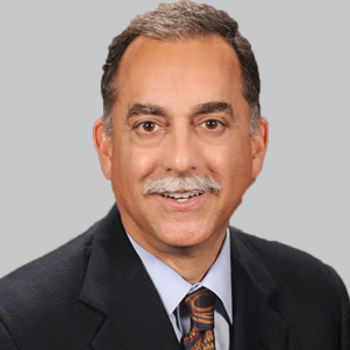
Daridorexant, an FDA-approved dual orexin receptor antagonist, had a dose-response relationship observed at month 1 on all 4 efficacy end points for all doses tested.

A recent study showed that patients with obstructive sleep apnea experience significant negative impacts on their physical, social, and emotional functioning.

The pulmonologist at Rush Health and immediate past president of the American Academy of Sleep Medicine provided perspective on some of the intriguing changes to sleep medicine and where the field is headed in the coming years.

A recent study showed that obstructive sleep apnea may impact the long-term disruption of the glymphatic system function and the development of neurodegenerative diseases.

Assessing doses of 3 mg doxepin, results revealed non-statistically significant improvements in latency to sleep onset and latency to persistent sleep that were observed across patients above and at or below the median baseline values.

In a clinical cohort study, approximately 89% of patients with obstructive sleep apnea classified as “Probably-normal” or “Likely-normal" in assessment of sleep biomarker-based neurodegenerative disorder risk.

The pediatric neurologist at the University of California, Davis, provided perspective on some of the mechanistic links between sleep and neurodevelopmental disorders. [WATCH TIME: 3 minutes]
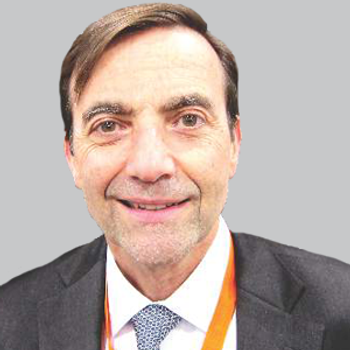
A phase 3 trial plans to investigate the efficacy and safety of AD109, a novel oral medication, for treating obstructive sleep apnea in patients who cannot tolerate continuous positive airway pressure therapy.

Regardless of whether patients were treatment-naïve or taking alerting agents, the safety profile of low-sodium oxybate remained true, with treatment-emergent adverse events attributing to less than 4% of study discontinuations.

Overall, most patients reported satisfaction with cognitive behavioral therapy approach, with completion of lessons associated with a decrease in Fatigue Severity Scale.

The FDA approval of the increased maximum daily dose for amifampridine offers clinicians and patients greater flexibility in treatment regimens for the management of Lambert-Eaton myasthenic syndrome.